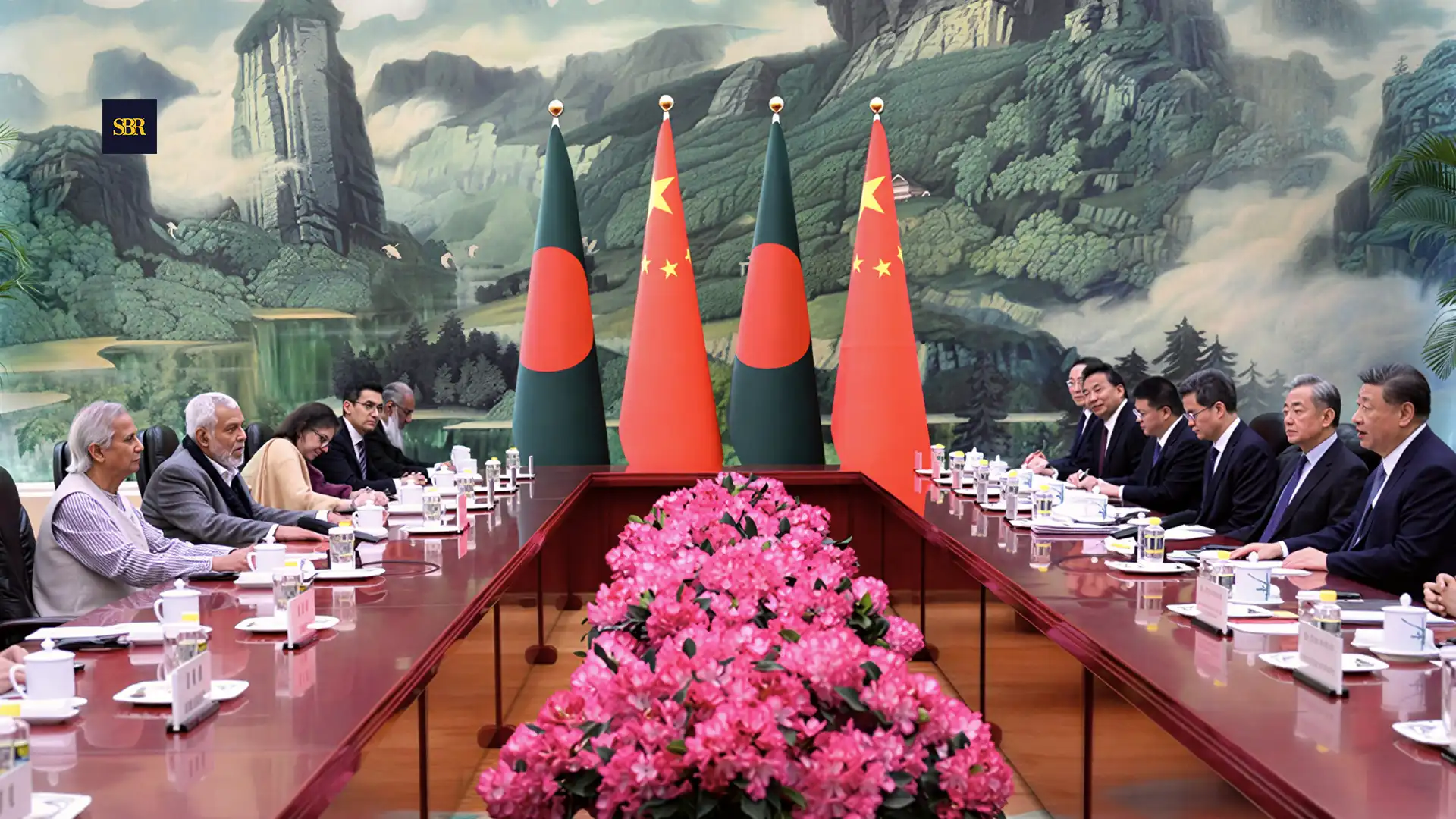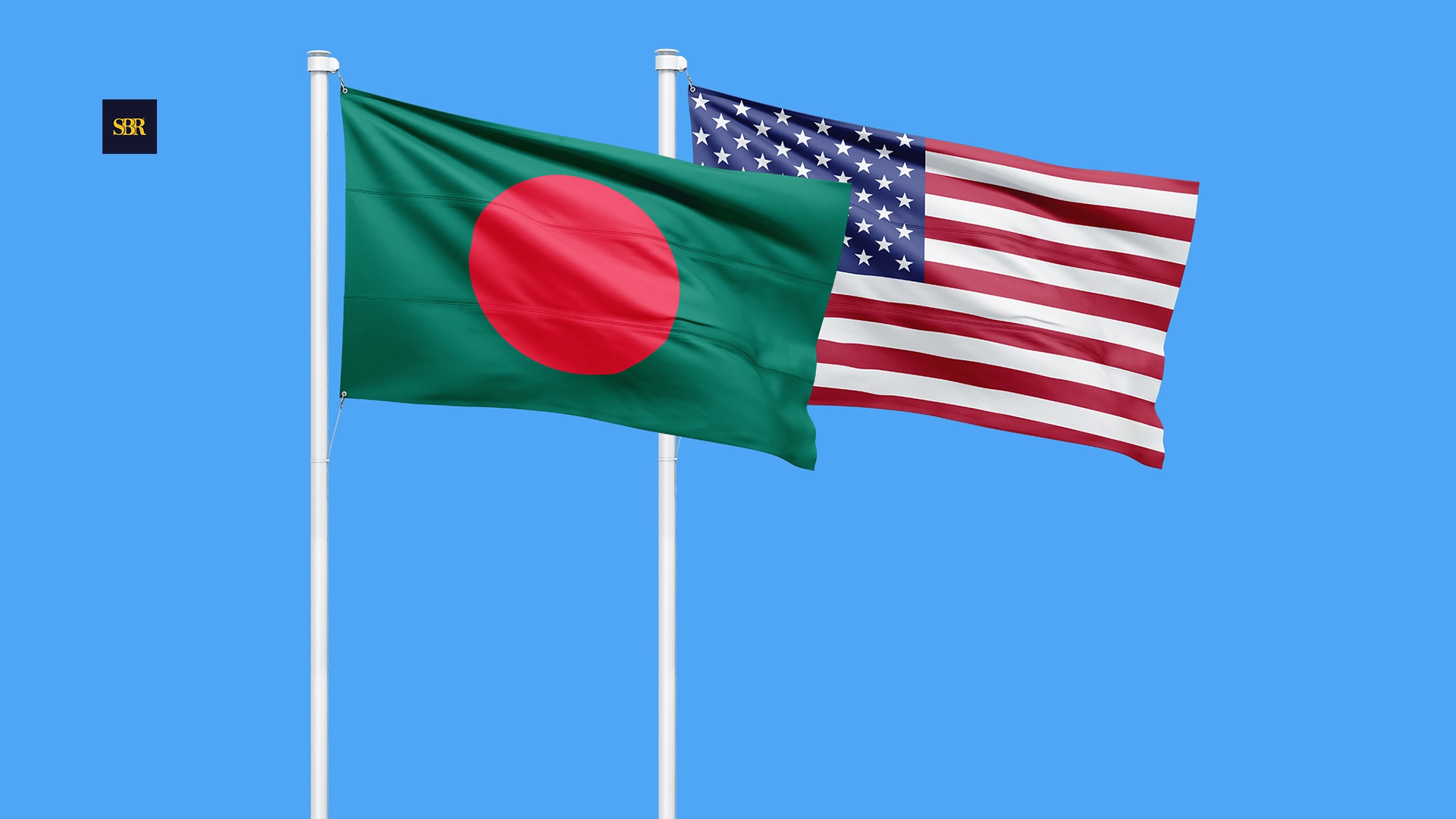PALO ALTO, Calif., July 30, 2025 – In a move linked to a recent corporate acquisition, two officials at the U.S. Department of Justice's antitrust division have faced suspension for insubordination, a source privy to the decision told Reuters.
The officials have been fired, amidst a growing controversy over how DOJ secured a settlement to approve Hewlett Packard Enterprise's $14 Billion acquisition of Juniper Networks.
The source told Reuters that the expulsion saw removal of two top deputies of Assistant Attorney General Gail Slater, a former JD Vance advisor who leads the antitrust division.
The exit of two officials has brought to fore, a tug of war within President Donald Trump's administration, between those advocating robust antitrust enforcement and dealmakers keen to secure high-profile influence.
Roger Alford, a Former official during the first Trump administration who was Slater’s top deputy, and Bill Rinner, a former counsel at hedge fund Apollo Global Management who was in charge of merger enforcement, were no longer listed among antitrust leadership on a Justice Department website on Tuesday. Alford and Rinner did not immediately respond to requests for a comment.
Contours of the Deal
Soon after President Trump began his second stint as US President in January, the Justice Department issued a charge sheet to block the HPE-juniper deal, alleging it of possible anti-competitive practices in the market for wireless networking solutions used by large enterprises.
HP Enterprise’s deal negotiations began with the DOJ on March 25, almost two weeks after Slater was sworn in, according to court papers.
Prior to the scheduled trial, the DOJ reached an understanding to drop its claims in lieu for HP Enterprise agreeing to license some of Juniper's AI technology to competitors and sell off a unit that caters to small and mid-sized businesses.
The signing formality of the settlement was done by Slater and several Justice officials, including Rinner and Alford, instead of staff attorneys on the case, a move that sources familiar with merger protocol called unusual, reported Reuters. Chad Mizelle, Attorney General Pam Bondi's chief of staff, was one of the officials who signed the deal. Mizelle issued directions to the antitrust division to settle the case, according to a person briefed on the matter. After Slater pushed back, Mizelle sought to fire Slater's deputies in retaliation, the person told Reuters.
Meanwhile, four Democratic senators led by Elizabeth Warren of Massachusetts called on the federal judge overseeing the merger case, seeking to hold a hearing on whether the settlement is in the public interest.
Merger and Acquisition Norms
Corporate laws in the US vehemently oppose backdoor merger clearance of merger deals, keeping a condition for merging companies to disclose communications with “any officer or employee of the United States concerning or relevant to” a settlement proposal.
The senators want U.S. District Judge Casey Pitts in San Jose, California, to investigate whether HPE and Juniper Networks hired consultants to garner support in the White House for the deal and failed to disclose them.
“If this or any other transaction is approved based on political favors rather than on the merits, the public will surely bear the cost,” the senators wrote.
HP Enterprise spokesperson Adam Bauer said the company is “confident our acquisition of Juniper Networks is in the public interest and will promote further competition in the enterprise WLAN market,” adding “the transaction was appropriately approved with certain remedies by the U.S. Department of Justice, and it was unconditionally approved by 13 other antitrust regulators around the world.”
Media reports on Wednesday said that national-security concerns raising out of the Chinese angle, were a big reason the Justice Department decided last month to allow Hewlett Packard Enterprise to take over rival Juniper Networks.
The media reports also suggest that U.S. intelligence community intervened to persuade the Justice Department that allowing the merger to proceed was essential to helping U.S. business compete with China’s Huawei Technologies, among other national-security issues.
“In light of significant national security concerns, a settlement...serves the interests of the United States by strengthening domestic capabilities and is critical to countering Huawei and China,” a senior national security official was quoted as having said.
HPE is confident that the acquisition of Juniper Networks is in the public interest and will promote further competition in the enterprise WLAN market.
Inputs from Saqib Malik
Editing by David Ryder














